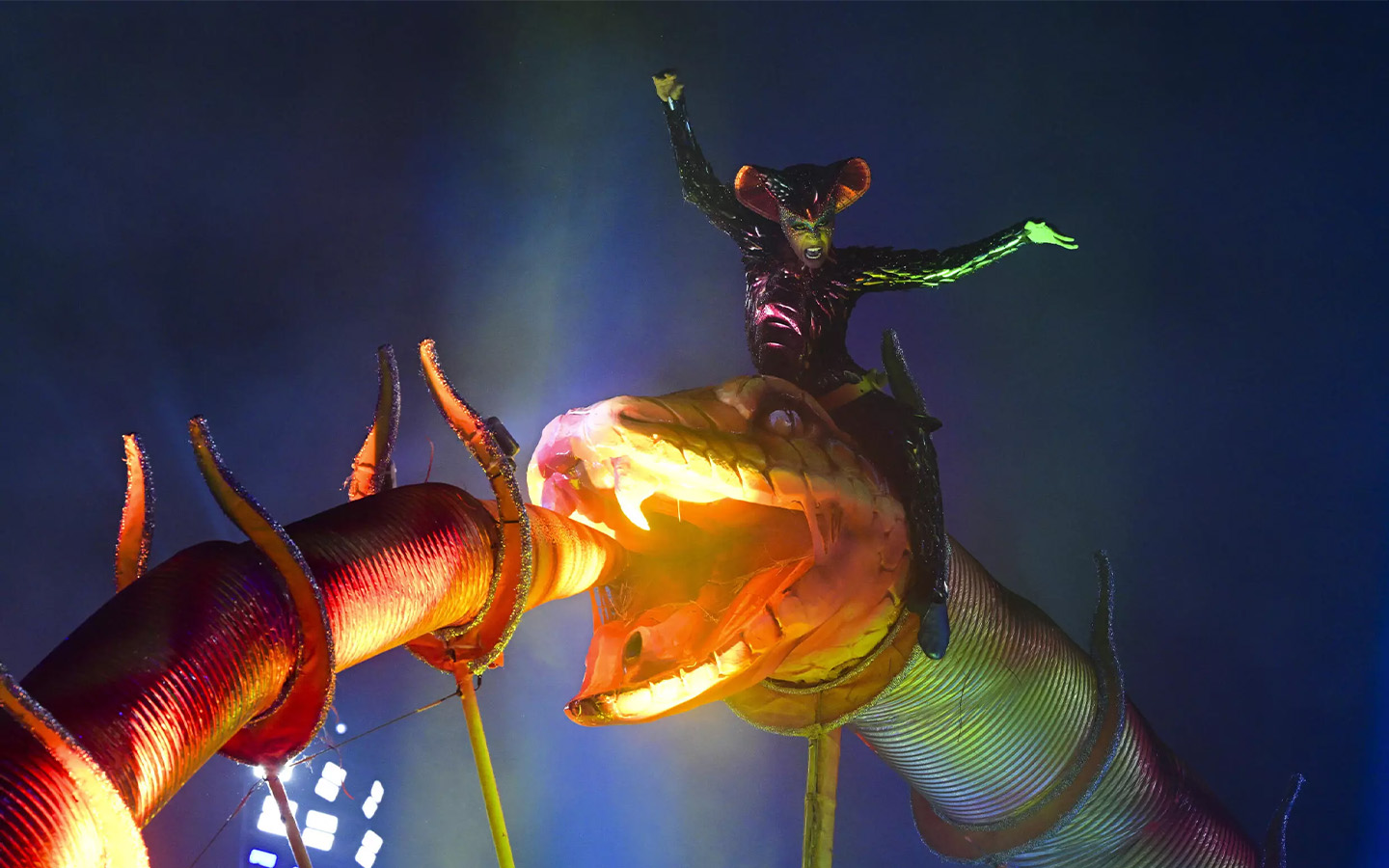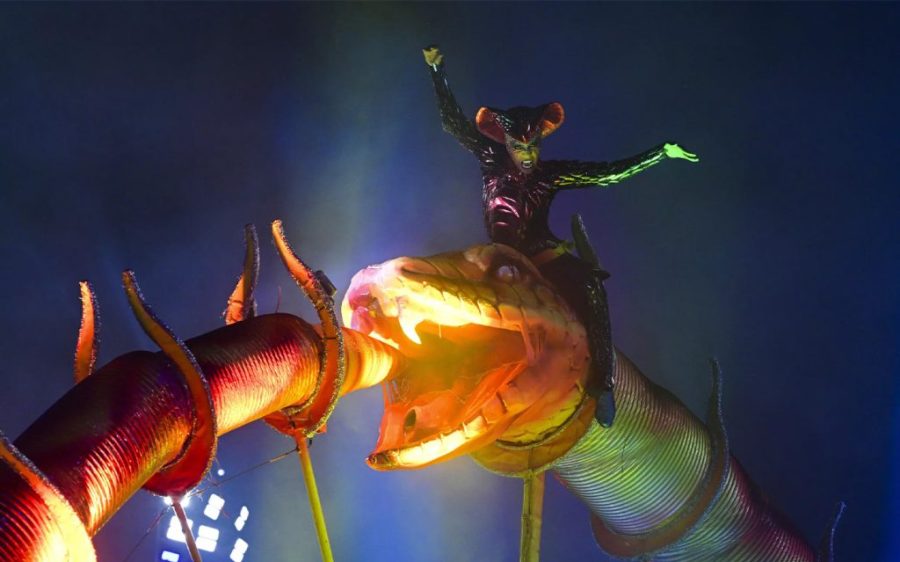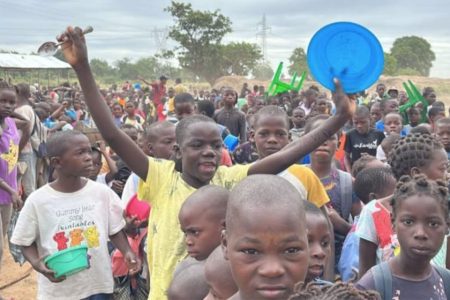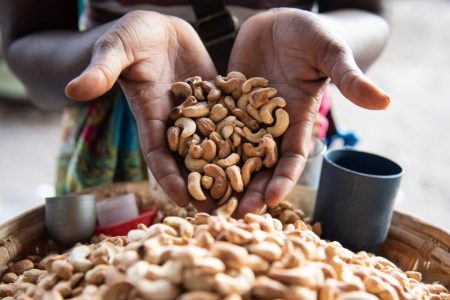A vibrant celebration of Black women took the top spot in Rio de Janeiro’s Carnival parade competition Wednesday, crowning samba school Viradouro champion for the third time.
Viradouro took centre stage on Monday, the last group to perform over the two-night festivities at the famed Sambadrome, weaving together spirituality, history and community into a show-stopping performance. Massive neon snakes, hissing and flicking their tongues, towered over an army of Mino warrior women in vibrant, feathery headdresses and colourful costumes, in a parade that delved deep into the West African vodun religion.
Celebration of Brazil’s multicultural heritage has become central to Rio’s famous Carnival parades, which often address history and social issues with a captivating mix of elaborate costumes, massive floats, energetic dancers and infectious samba beats.
[See more: Dengue cases explode in Brazil, Carnival continues]
The samba school parades became part of Rio’s centuries-old Carnival in the 1920s. Initially dominated by white narratives, a series of pivotal parades in the 1960s opened the door for the types of stories told today.
Several of the 12 parades competing for the top prize this year dealt with Afro-Brazilian or Indigenous identity, while others tackled issues of inequality and prejudice. Brazil was the last country in the Americas to abolish slavery, not doing so until 1888. Over the years, multiple samba schools such as Quilombo (1978) and Paraíso do Tuiuti (2018) have used the anniversary of abolition to comment on present-day struggles.
Viradoura chose to highlight Benin’s historical ties with the region this year, as many of the people taken as slaves to Brazil originated from the African country. More than half of Brazilians, around 114 million, identify as Black or mixed race and a 2023 census recorded 1.69 million Indigenous Brazilians – nearly twice the previous count in 2010.






